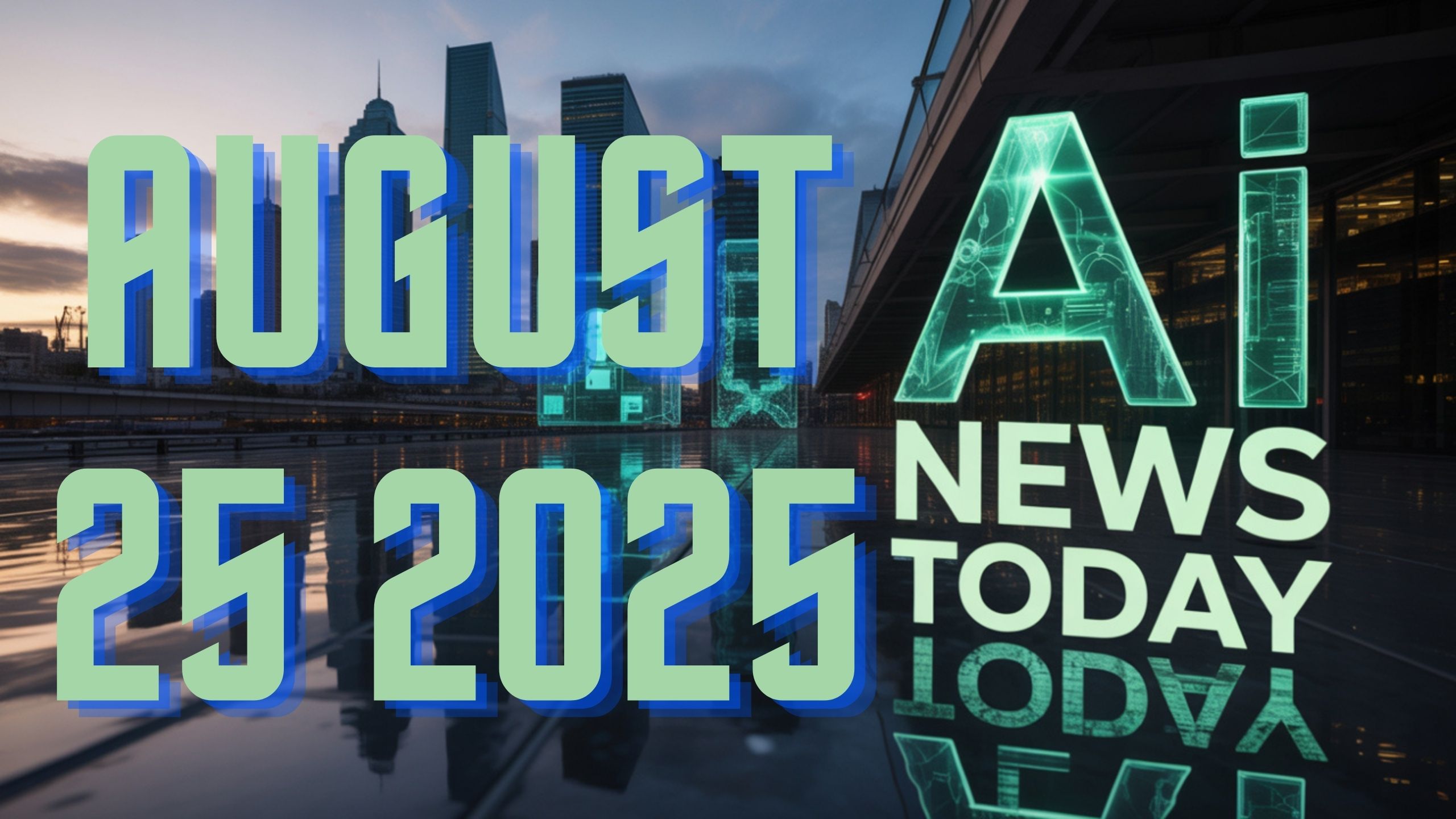The US artificial intelligence sector is experiencing an unprecedented surge in investment, but concerns about a potential AI bubble are rapidly growing. Private credit funding for AI has reached nearly $50 billion per quarter, fueling massive infrastructure projects such as JPMorgan and Mitsubishi UFJ’s $22 billion financing for Vantage Data Centers and Meta’s $29 billion funding for a new Louisiana data center. While these investments highlight strong confidence in AI’s long-term potential, skepticism is mounting about the short-term profitability of such ventures. OpenAI CEO Sam Altman has warned that the current hype resembles the dot-com bubble, cautioning against unsustainable valuations. His warning is reinforced by a new MIT study showing that 95% of corporate generative AI projects fail to deliver profits, raising red flags for investors. This blend of optimism and skepticism shapes a volatile market outlook, influencing technology valuations and sector confidence.
Sector Outlook and Market Shifts: The Growing AI Bubble Concerns
The US AI sector is witnessing an unprecedented surge in investment activity, yet mounting skepticism about sustainability is casting long shadows. With private credit funding for AI nearing $50 billion per quarter, financial institutions and investors question whether valuations mirror proper business fundamentals or reflect speculative excess.
JPMorgan Chase and Mitsubishi UFJ Financial Group have committed $22 billion in debt financing to Vantage Data Centers. In comparison, Meta Platforms has secured a $29 billion package for its new Louisiana data center campus. These colossal financial deals are reshaping America’s AI infrastructure landscape.
Despite this capital flow, Sam Altman, CEO of OpenAI, has again compared today’s AI frenzy to the dot-com bubble of the late 1990s, warning of overextended valuations. His concerns echo new MIT research, which reveals that 95% of corporate generative AI initiatives fail to generate profit, fueling unease in Wall Street’s tech sector.
Corporate and Government Moves: Strategic Shifts in AI Investment
In a striking reversal, Meta is reportedly halting aggressive AI hiring and even preparing for workforce reductions in its artificial intelligence divisions. This marks a sharp departure from recent years, when the company offered multi-million-dollar signing bonuses to top AI scientists and engineers.
Meanwhile, the US government has finalized framework agreements with Anthropic, OpenAI, and Cohere to leverage their large-scale AI models for federal operations. These deals, however, involve steep discounts, raising concerns about whether companies can maintain profitability while accommodating government demands.
This evolving landscape indicates a balancing act: firms are pursuing enterprise-scale adoption of AI technologies while simultaneously confronting cost pressures and shareholder scrutiny.
New Projects and Technologies: America’s Race for AI Superiority
The competition to dominate AI’s future has intensified with Elon Musk’s announcement of an “AI mothership” in Memphis, Tennessee. This ambitious hub is expected to act as a centralized powerhouse for advanced AI research and deployment, strategically tied to shifting federal policies under the current administration.
Simultaneously, Oracle has integrated GPT-5 across its entire product ecosystem, embedding generative AI into databases, enterprise SaaS platforms, and industry-specific solutions. The move is designed to offer native AI analytics and automation, a direct challenge to rivals like Microsoft, Salesforce, and SAP.
Adding momentum, enterprise platforms such as Appian, Composio, and Confluent have unveiled agentic AI models that unify reasoning, workflow orchestration, and secure multimodal data processing. These innovations allow organizations to achieve smarter decision-making at scale, accelerating the transition from AI pilots to production-grade systems.
Climate and Energy Impacts: AI’s Hidden Environmental Costs
While AI adoption grows, its climate footprint is under intense scrutiny. The massive energy consumption of hyperscale data centers powering models like GPT-5 raises questions about long-term sustainability.
Experts are now urging businesses and individuals to:
- Minimize unnecessary AI use.
- Deploy local, energy-efficient AI models when possible.
- Choose platforms that actively offset carbon emissions.
The carbon cost of AI is quickly becoming a mainstream topic, with policymakers considering regulations that will mandate sustainable computing practices. This emerging debate highlights that the AI revolution is financial and environmental.
Valuation and Economic Effects: A Turning Point for Tech Giants
Major software vendors such as Salesforce, Adobe, and SAP are experiencing slowing revenue growth amid AI disruption. The widespread availability of large language models creates fierce price competition, challenging incumbents to prove their value propositions.
This shift signals a deeper economic recalibration of the software industry, where traditional SaaS pricing models may no longer hold against AI-embedded offerings. Investors are carefully monitoring whether AI-driven solutions will deliver sustainable ROI or exacerbate volatility in public markets.
Noteworthy Follow-Ups from Last Week: MIT Study Fallout and Market Impacts
The MIT study on generative AI ROI continues to reverberate across Silicon Valley. With data showing that most projects fail to meet profitability goals, CFOs and boards demand greater accountability from technology leaders.
In parallel, Sam Altman’s warnings about valuation bubbles and Meta’s dramatic hiring policy reversal shape investor sentiment. What was once an era of unchecked optimism is now transforming into a cautious period of risk reassessment and sober analysis.
Trends Highlighted: A Shift from Hype to Practicality
Several key trends are emerging from the latest developments in the US AI ecosystem:
- Heightened skepticism around the short-term commercial promise of AI.
- Shifts in capital allocation, with funding directed toward infrastructure projects rather than speculative ventures.
- Growing concerns about environmental costs lead to increased emphasis on sustainable AI practices.
- Enterprise demand for tangible value creation signals a new phase where organizations prioritize ROI, risk management, and compliance over hype.
This “vibe shift” reflects a maturing industry, moving from headline-driven enthusiasm toward pragmatic adoption strategies.
Wrap Up: The Defining Phase of US AI Adoption
The current trajectory of AI in the United States underscores a paradox: while capital, talent, and ambition are converging to push AI into the mainstream, the realities of profitability, sustainability, and regulation are forcing companies to rethink strategies.
From mega data center loans and federal partnerships to workforce restructuring and environmental debates, the landscape is entering a phase of measured growth rather than unchecked expansion.
As America navigates this pivotal moment, the balance between innovation and caution will determine whether AI becomes a transformative economic driver or a cautionary tale reminiscent of the dot-com era.

Selva Ganesh is a Computer Science Engineer, Android Developer, and Tech Enthusiast. As the Chief Editor of this blog, he brings over 10 years of experience in Android development and professional blogging. He has completed multiple courses under the Google News Initiative, enhancing his expertise in digital journalism and content accuracy. Selva also manages Android Infotech, a globally recognized platform known for its practical, solution-focused articles that help users resolve Android-related issues.




Leave a Reply